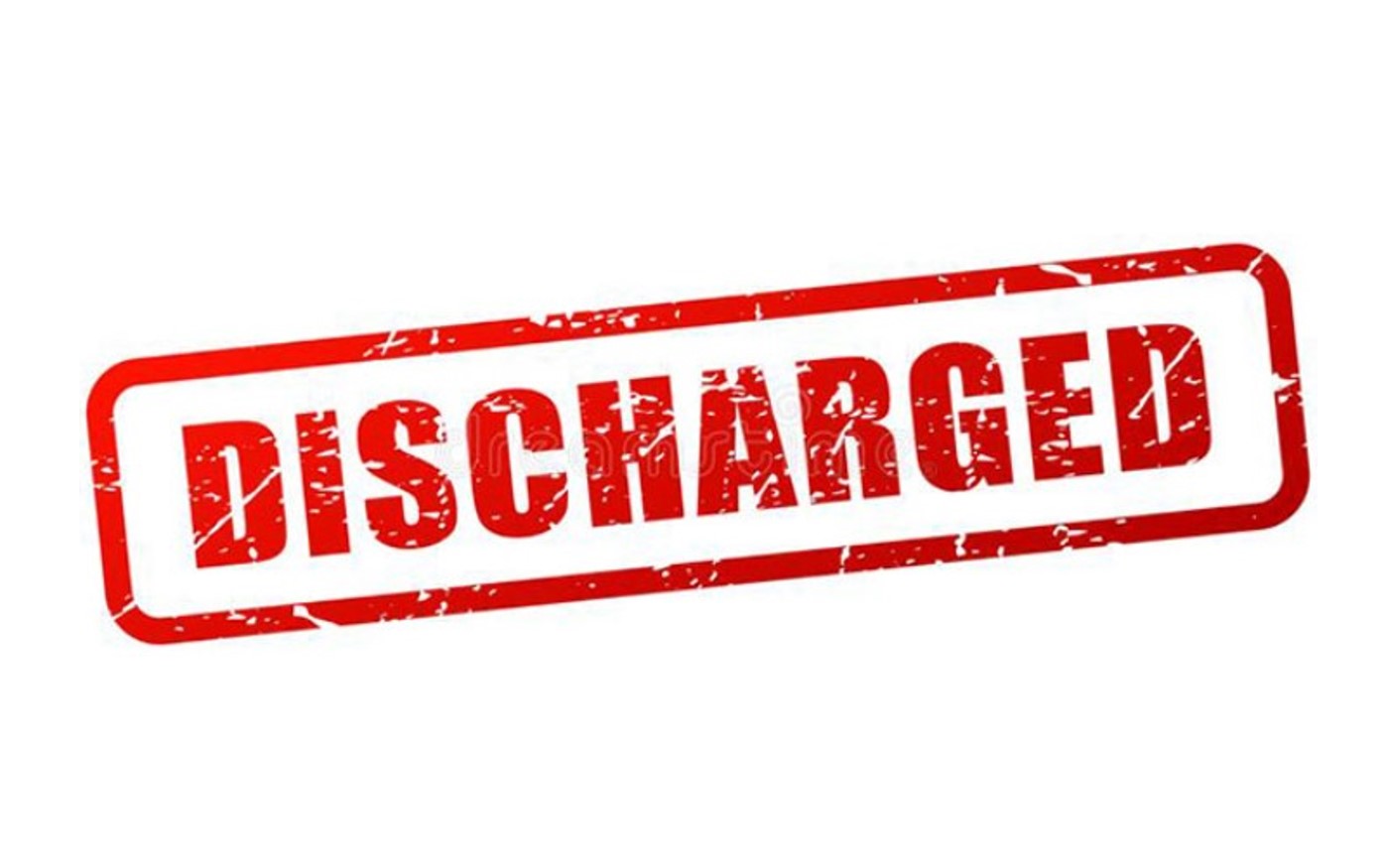Romans 7 is my favorite chapter in the entire Bible. More than any other chapter, it has been a lamp to my feet and a light to my path. The truth found in this chapter set me free from the struggle of trying to “behave” for God or earn His forgiveness. It explains how our sins are forgiven. The verses below illustrate how a believer’s sins were “discharged” when Jesus was executed on the cross.
Bound to the Law or Freed by Christ: Understanding Romans 7
“Thus, a married woman is bound by law to her husband as long as he lives; but if her husband dies, she is discharged from the law concerning the husband.” Romans 7:2
Likewise, my brethren, you have died to the law through the body of Christ, so that you may belong to another, to him who has been raised from the dead in order that we may bear fruit for God.” Romans 7:4
These verses convey the central theme of the Bible. They provide a word picture of how unredeemed mankind is bound to the law, while also explaining God’s plan to redeem us from our sins.
God uses Romans 7:2 to give us a scenario (marriage) that is easily understood. Then, in Romans 7:4, God explains that, similar to marriage, we are bound to (we must keep) His law in it’s entirety unless Jesus sets us free from the law. Since no one can keep God’s law perfectly, Jesus had to pay for our sins to prevent us from eternal separation from Godin Hell.
Sin and the Law: A Binary Reality in the Eyes of God
Visualize God’s law like binary code where there are two possible states:
- On — symbolized by the digit 1
- Off — symbolized by the digit 0
- Before Jesus’s death, under the old covenant that God established, the law was “on.” Because the code was set to 1, mankind was bound to the law—meaning we had to keep the entire law to be acceptable to God.
- After Jesus’s redemptive death, under the new covenant that God established, the law is “off” for those who believe in Jesus. The binary code is now set to 0 for believers, meaning they are no longer bound to the law, and their sins are forgiven.
When Jesus was crucified, He didn’t partially die, and likewise, believers don’t partially die to the law. There is no binary code symbolized by .5 where the law is partially on. A person is either dead to the law through Jesus’s death (set to 0) or remains unredeemed—accountable for every law they’ve broken (set to 1).
The New Covenant: Belief in Christ, the Key to Eternal Life
The core message of the Gospel of Jesus the Christ, also known as the New Covenant, is found in this verse:
Jesus said to her, ‘I am the resurrection and the life. Those who believe in me, even though they die, will live, John 11:25
Because this is the core message, all other related biblical verses must be interpreted in such a way that this verse remains undiluted. This is another verse that must be viewed like binary code. No asterisk can be attached to this verse. We cannot say “it’s true that we must believe in Him, but…” If we believe, our sins are forgiven.
If you are new to Christianity, John 11:25 is a powerful verse to start with. The entire Biblical message radiates out from it.
Mankind’s Fundamental Problem: Sin
Mankind’s most fundamental and eternal problem is sin. Sin is what separates us from God. Sin is why we can’t “see” God now and sin is what will keep us separated from God in eternity. Because every human is a sinner, every human will, by default, be separated from God for eternity. Hell is the end state of mankind. When a person physically dies, their soul will stand before God to be judged. Because of our sin God will separate us eternally from Himself by sending us to hell. The Holy Bible calls this the second death.
BUT, Jesus, in John 11:25, offers the good news. Even though a believer will physically die, they won’t be separated from God. Because they believed in Jesus, believers will live with Him for eternity.
John 11:25 is a verse full of depth and meaning. It’s worth taking time to carefully reflect on it. If you want to learn more, the book of John in the Bible is an excellent place to continue. Our ultimate goal should be to have our sins discharged.
Related article: Where are you? Where are you going?
AI did not write this article but assisted with proofreading.
